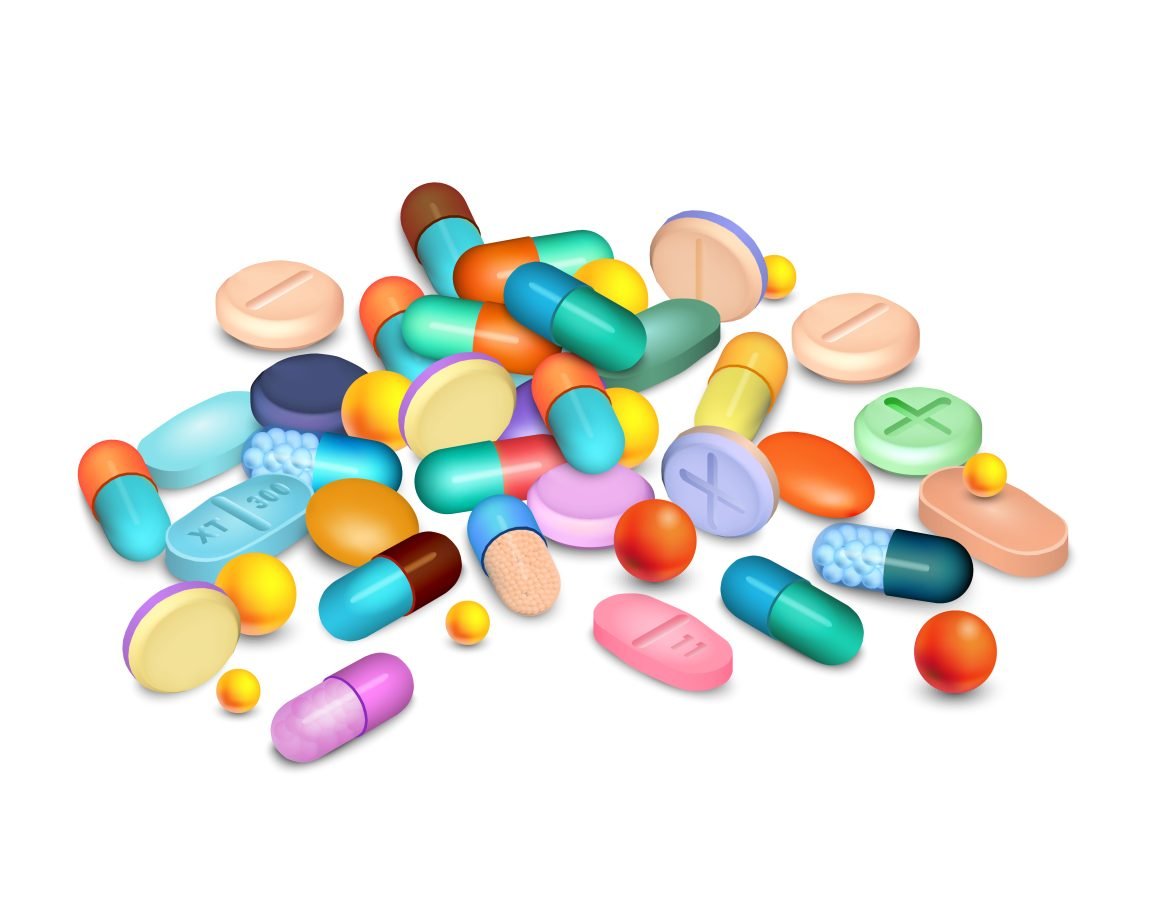Uncovering the Link: Exploring Drug Influence on STD Tests
In exploring how drugs might sway STD test results, we look into a world where body chemistry plays a pivotal role. Advances in understanding enzymes like cytochrome P450 have shed light on drug interactions within our bodies. Recognizing genetic differences can alter these effects, paving the way for more accurate predictions and prevention of unwanted reactions when it comes to medications.
Stricter rules now push companies to be thorough with their tests. New software tools aid doctors, so you’re better equipped to get clear STD testing results, unaffected by other drugs.
Understanding Drug Interactions
When you take medicine, your body has to break it down. Cytochrome P450 enzymes play a big part in this. But drugs can change how these enzymes work.
Sometimes one drug speeds up the breakdown of another, lessening its effect; other times, it slows things down which might increase side effects. Experts use new science and technology to prevent bad mix-ups with medicines and enhance safety. This includes tests that reveal how your genes influence drug reactions and computer programs that alert doctors to risky combinations.
This matters because getting tested for STDs can be complex. Make sure no medications interfere with the accuracy of your results at places like StdCheck.
Impact on STD Test Accuracy
Drugs can mess with STD test results, so it’s key to get tested clean. False positives or negatives can happen when drugs interfere. Care is needed for accurate testing; else you might not catch an infection early, which ups the risk of health problems later on.
One study showed Facebook is good at reaching young girls for chlamydia tests, it’s their top pick for social media and they like funny posts that keep things private. After we used Facebook ads, visits to order a chlamydia test online shot up by 277%, orders by 41%. Social media adds power to standard methods in clinics.
Substances Skewing Diagnostic Results
Certain drugs can throw off STD test results. When you take a drug, it changes things in your body. This might make the tests read wrong – like saying you have an STD when you don’t or missing one that is there.
For example, antibiotics could mask signs of infection on some tests; meanwhile, steroids may prompt false positives because they tweak immune responses. It’s key to tell your doctor about all medications before testing so they can give accurate info and choose the right kind of test for you.
Navigating Reliable STD Screening
When you think about getting tested for STDs, know that feelings can get in the way. Many young people feel they won’t catch anything, so why test? Others might fear what people will say if they find out.
Truth is, some are ok talking about these tests with their doctors and don’t mind getting them done. Despite worries or feeling embarrassed, it’s key to check your health. Research shows sharing news of an STI isn’t as hard today as it has been in the past and people face less stigmas around monitoring their sexual then they used to.
Yet many still keep quiet because testing feels tough for them. Talk freely and take those important steps toward screening without shame; it’s critical for keeping yourself healthy. Plus, clear communication helps everyone stay safe from harm.
Remember: No stigma should hold you back from knowing your status.
Exploring drug effects on STD tests reveals a complex link. Certain substances may skew results, leading to false negatives or positives. This highlights the need for accurate health histories and possibly retesting when substance use is involved.
As you navigate these waters, STDCheck offers clear guidance on how drugs can impact your testing outcomes. Stay informed about this critical aspect of sexual health; it ensures you get reliable test results so that any necessary treatment follows swiftly after confirming an accurate diagnosis.
Medically Reviewed by Colleen Ryan, MD on April 4, 2024
Secure and Confidential
STD testing services
The fastest results possbile - available in 1 to 2 days

Tagged
Categorized As
Author: STD Check Editorial Team
At STDCheck.com, we go to great lengths to ensure quality content. We’re using our own collection of data. It is not bought or made up for “click-bait” purposes. We don’t entice traffic with cheesy graphics or raunchy headlines. Our information is to promote STD testing, educate people, let go of social stigmas, and bring awareness. We also provide a completely confidential atmosphere through private testing. When we produce an article, it is fact-based. We check it with medical advisors that approve it. Our staff consists of doctors and other medical professionals who peer review the content we make available on STDCheck.com. From all over the world, we have sourced the best and the brightest content developers, including medical professionals, marketing engineers, data scientists, content specialists, and media relations.




